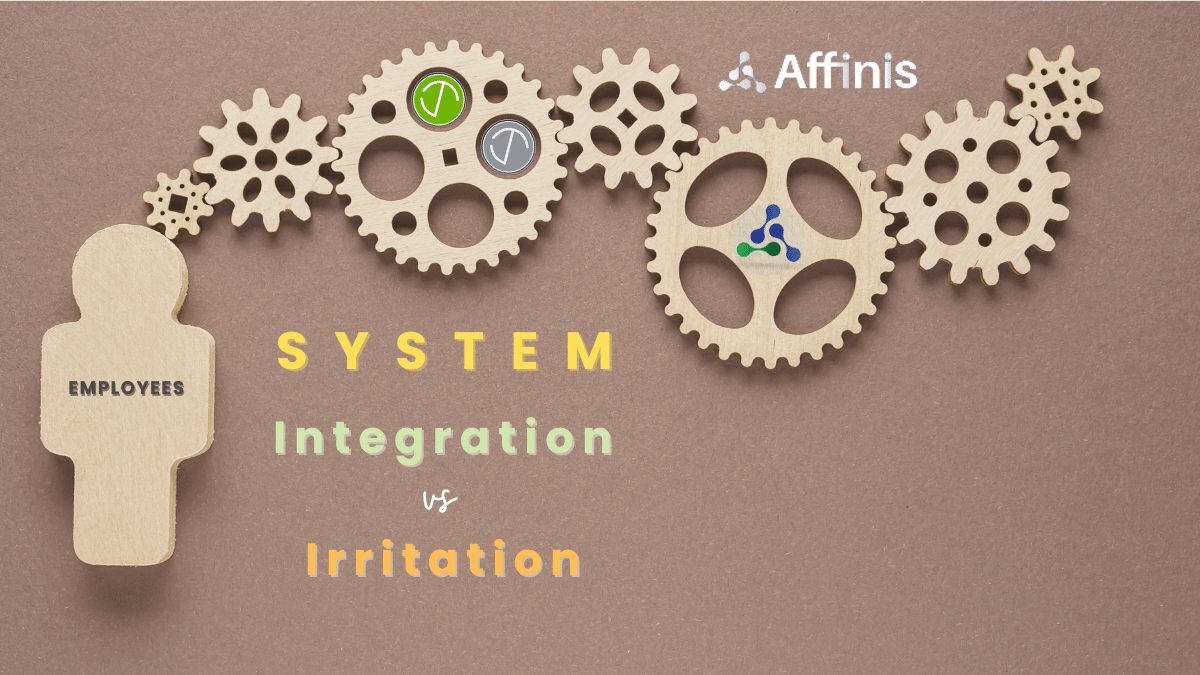Introduction
To ensure oversight of insider trading (a practice that undermines the fairness and integrity of the securities market), the Securities and Exchange Board of India (SEBI) has issued the SEBI (Prohibition of Insider Trading) Regulations, 2015. It is commonly known as PIT regulations and provides guidelines for the prohibition and regulation of insider trading.
Structured Digital Database (SDD) under PIT Regulations
SDD is an essential tool for companies to safeguard Unpublished Price Sensitive Information (UPSI). According to Regulation 3(5) of the SEBI (Prohibition of Insider Trading) Regulations, 2015, SDD must be maintained internally, with appropriate internal checks, audit trails, time-stamping and non-tamperable capability to ensure that UPSI is secure. The database must contain details such as the name, PAN number and any other identification number authorised by law, of persons with whom UPSI has been shared.
Purpose of the Compliance Certificate
As per regulations 3(5) and 3(6) of the 2015 Securities and Exchange Board of India (PIT), it is mandatory for companies to maintain a SDD. Therefore, in order to ensure adherence to this regulation, companies are required to submit a quarterly compliance certificate. It pertains to the
the standards for maintaining SDD and logging all instances of the sharing of UPSI.
Key Requirements of the Compliance Certificate
- This certificate must be provided in the format as per the NSE/CML/2022/51 circular dated 28th October 2022
- The companies must adhere to the outlined timeline in order to successfully submit the compliance certificate.
- For the quarter ending September 2022, the latest submission deadline is November 18, 2022.
- For the quarter ending December 2022, the latest submission deadline is January 21, 2023.
- The Exchanges shall release a circular concerning the processing of compliance certificates for the quarter ending March 2023.
- Companies must submit a quarterly compliance certificate which is certified by either the compliance officer or a Practicing Company Secretary (PCS).
- The National Stock Exchange (NSE) requires the submission of certificates via email to [email protected].
- The BSE requires submission of the SDD compliance certificate through the BSE listing centre’s Listing Compliance Module.
Format of the SDD Compliance Certificate
Outline of the SDD Compliance Certificate
An overview of the elements in the compliance certificate has been provided below:
- A confirmation that the SDD exists or an indication that regulations related to SDD are being followed.
- Access to the SDD must be strictly regulated and appropriately recorded in an internal directive or SOP.
- The database has been updated to include all the UPSI disseminated in the preceding quarter. It is essential to document whether this information has been communicated to internal personnel or to external entities. Additionally, if the relevant information has been submitted in the required period.
- It is necessary to only record the “nature” of the UPSI, but not the UPSI itself (eg: tax issues). In addition, the date and time of the UPSI’s sharing must be noted in the database.
- The database is managed in-house, and changes to existing entries in the system are tracked with an audit trail.
- This database has been designed to be unalterable and can store records for up to 8 years
- Documentation of the expected number of events and the actual number of events that were recorded in the SDD
- Issues of non-conformity that were identified in the previous quarter and subsequent corrective measures taken along with timelines.
Conclusion
All listed entities are required to submit the SDD compliance certificate to the stock exchange.
As such, having a compliant structured digital database solution like Affinis is essential to be able to provide the SDD compliance certificates and meet the insider trading related regulatory obligations.



